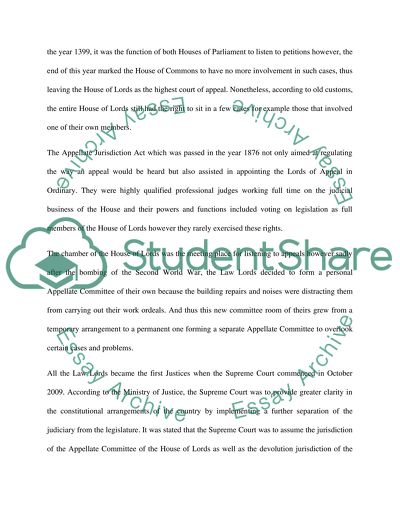Cite this document
(“The System of Courts Essay Example | Topics and Well Written Essays - 2500 words”, n.d.)
The System of Courts Essay Example | Topics and Well Written Essays - 2500 words. Retrieved from https://studentshare.org/law/1441184-legal-system-coursework-ychthe-creation-of-a
The System of Courts Essay Example | Topics and Well Written Essays - 2500 words. Retrieved from https://studentshare.org/law/1441184-legal-system-coursework-ychthe-creation-of-a
(The System of Courts Essay Example | Topics and Well Written Essays - 2500 Words)
The System of Courts Essay Example | Topics and Well Written Essays - 2500 Words. https://studentshare.org/law/1441184-legal-system-coursework-ychthe-creation-of-a.
The System of Courts Essay Example | Topics and Well Written Essays - 2500 Words. https://studentshare.org/law/1441184-legal-system-coursework-ychthe-creation-of-a.
“The System of Courts Essay Example | Topics and Well Written Essays - 2500 Words”, n.d. https://studentshare.org/law/1441184-legal-system-coursework-ychthe-creation-of-a.


